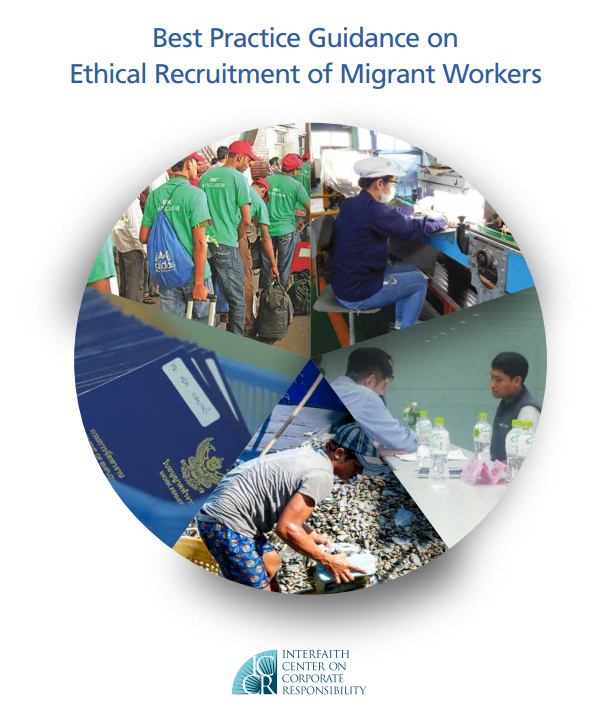Guidelines on Respecting Human Rights in Responsible Supply Chains
GuidanceWhile globalization has driven economic development, the world faces difficult issues such as widening disparities and poverty, the escalation of climate change and other environmental problems, the spread of infectious diseases, and the eruption of...Read More

